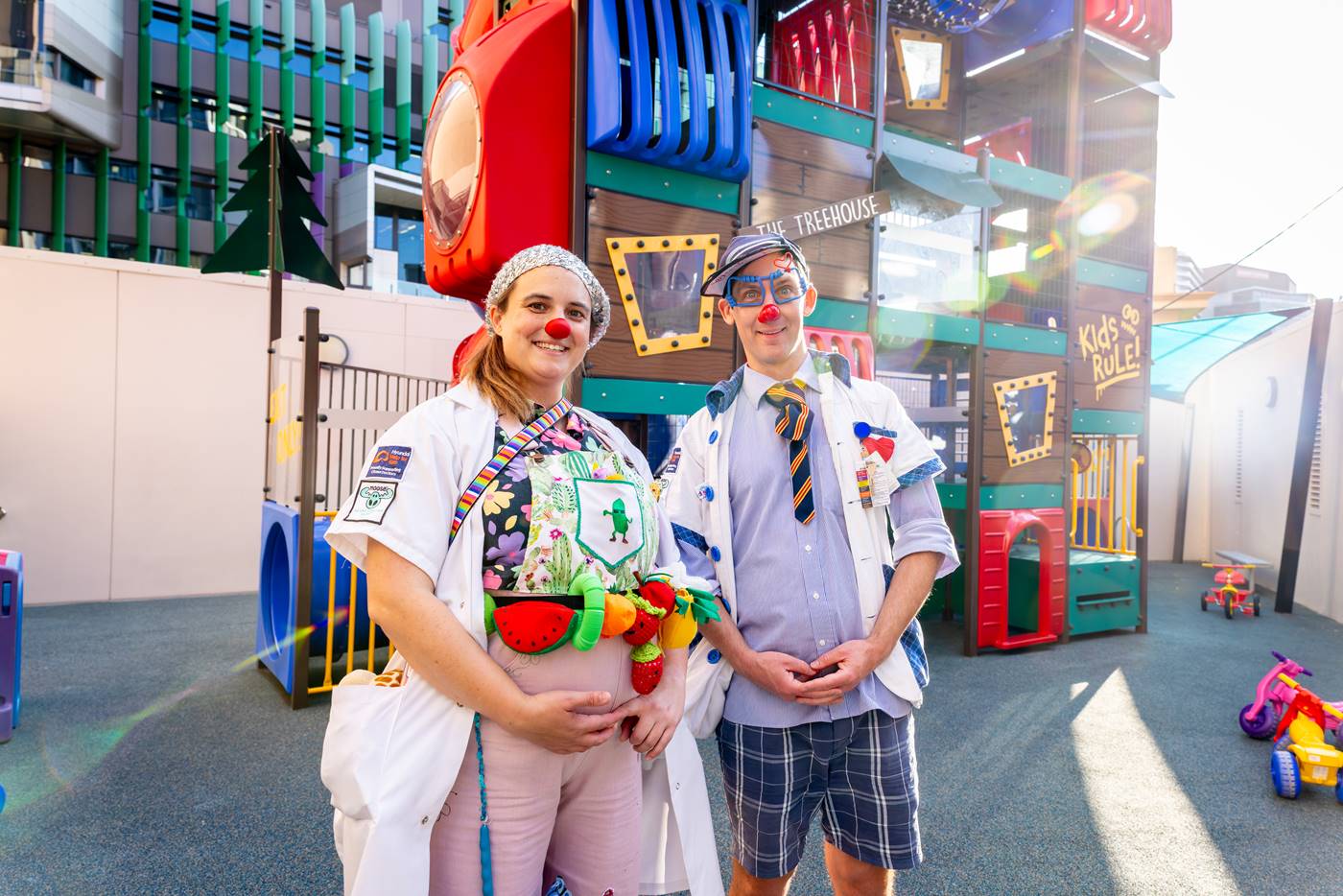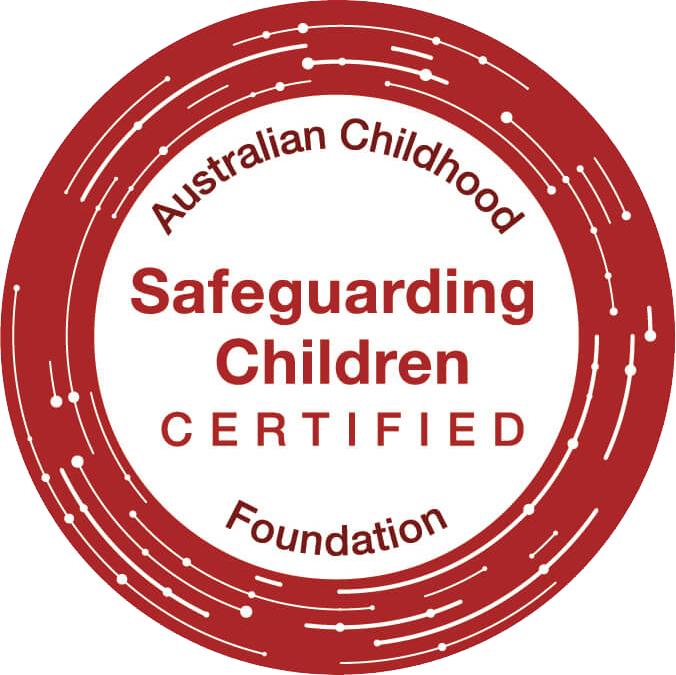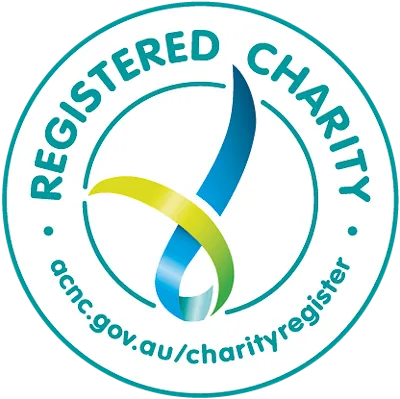Research

Evidence-informed
We spread ‘doses’ of fun and laughter to people in need across Australia, improving the quality of life for people in hospitals, clinics, and aged care facilities. International research has demonstrated the physiological and psychological benefits of laughter to health and well-being, and this underpins our evidence-based practice. We’re committed to research and evaluation so that we are able to create real value and impact in the lives of our beneficiaries. We continually measure our impact through studies and data gathering.
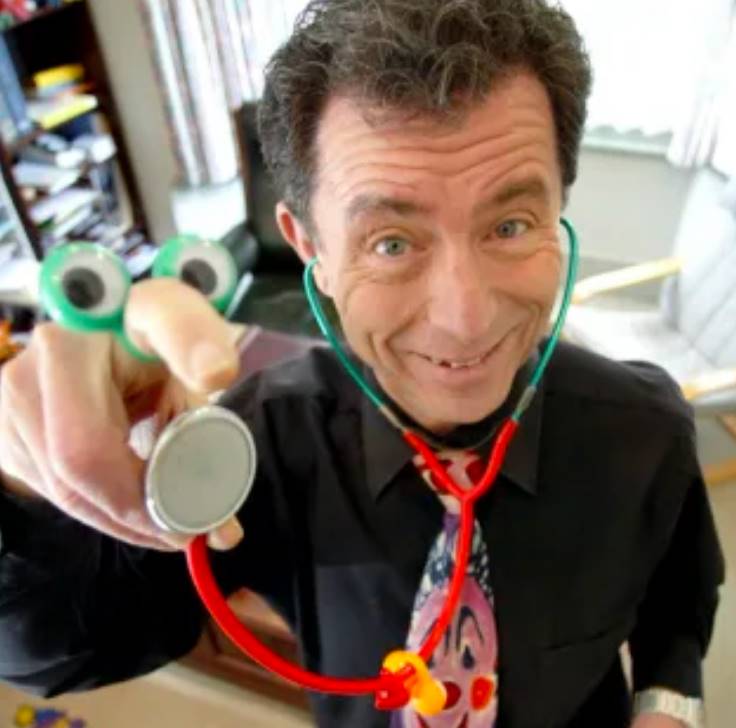
Plenty of studies have shown that laughter can combat many common ills. For instance, research shows that humour lowers blood pressure and releases endorphins.
Laughter is also proven to improve circulation, stimulate the nervous system, heighten the immune system, and make the heart stronger.
– The late Dr Peter Spitzer, Medical Director & Co-founder
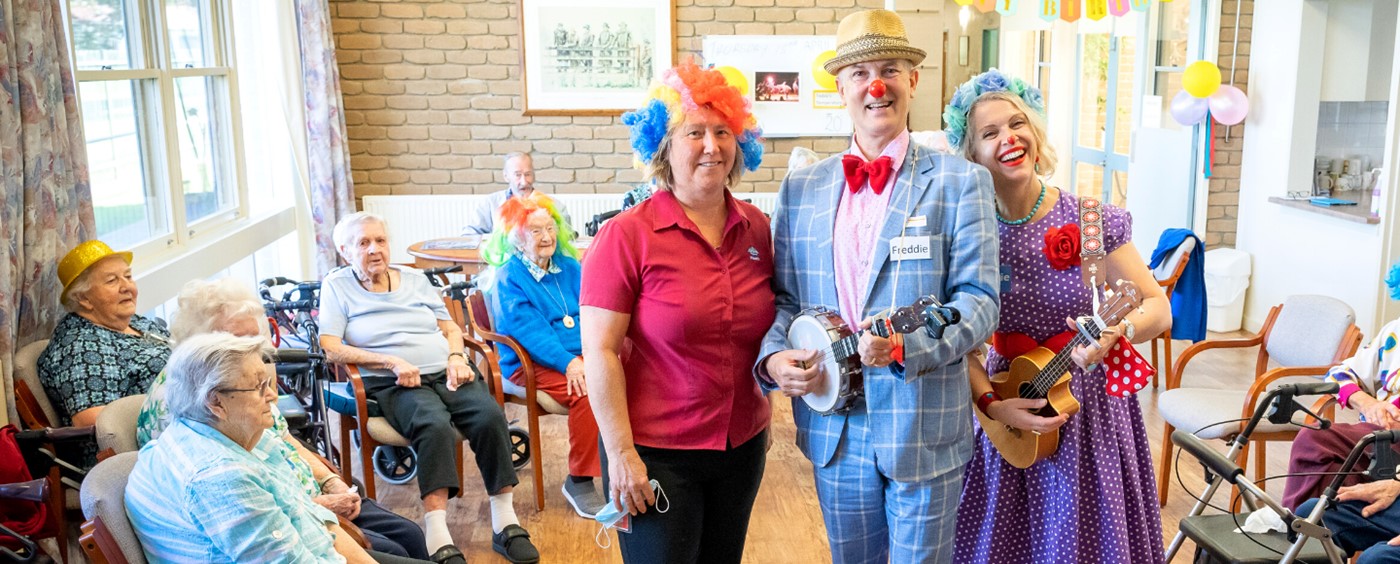
SMILE Study
The SMILE Study – Sydney Multi-site Intervention of Laughter Bosses & Laughter Care Specialists.
From 2009 to 2011, The Humour Foundation was involved in world first quantitative research – the SMILE Study. The study measured the impact the Laughter Care program had on residents living with dementia in aged care facilities.
Funded by the National Health and Medical Research Council, it was led by the Dementia Collaborative Research Centre at the University of NSW.
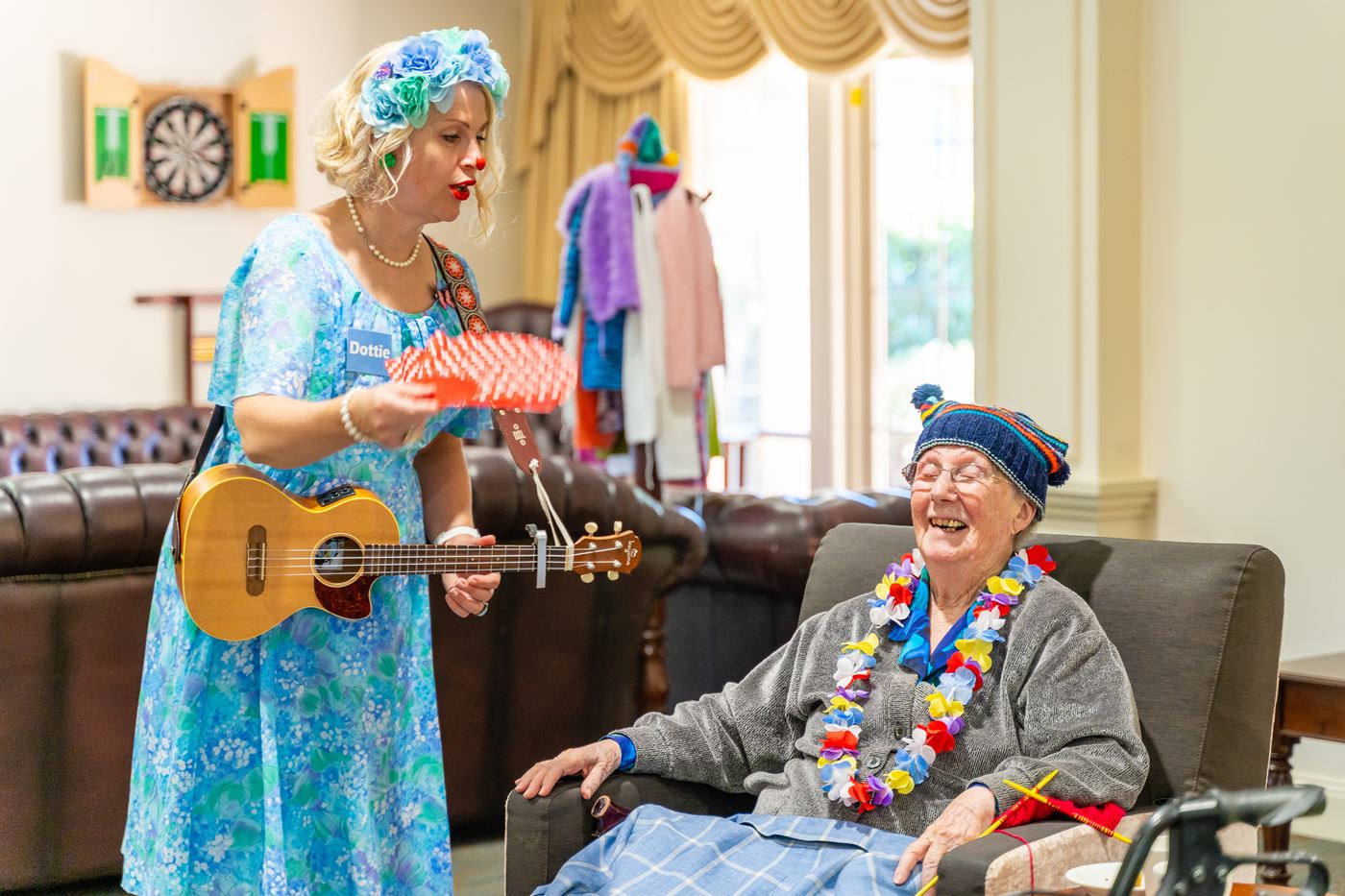
Laughter Care SROI
A recent study conducted by Social Ventures Australia shows that for every $1 invested into our Laughter Care program, there’s a $4.20 social return to the community. Laughter Care is a high-value program that can help facilities to uphold care, dignity and respect.
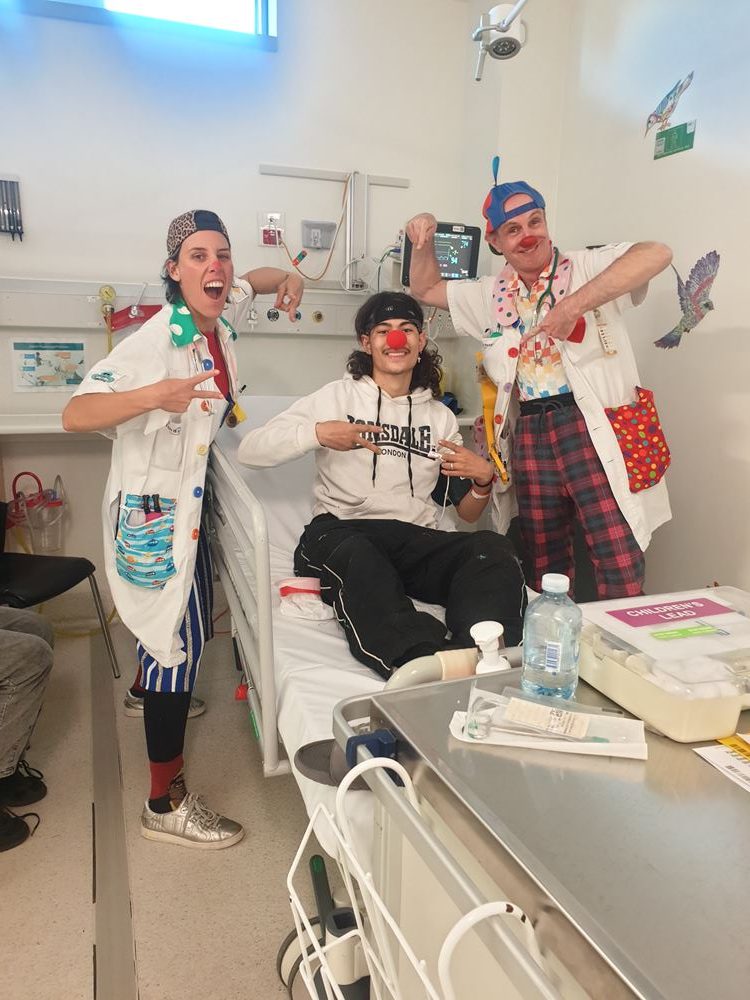
The Impact of Clown Doctors on Adolescents
A recent study titled “The Impact of Clown Doctors on Adolescents: A Study on Well-being and Coping Mechanisms” sheds light on the positive influence of Clown Doctors on adolescents’ wellbeing.
The research explores the powerful effects of the Clown Doctors on adolescents, with the findings showing teens who encountered the Clown Doctors experienced high levels of fun, as well as positive mood during a Clown Doctor session.
Approximately 66% of clinical staff reported Clown Doctors (‘somewhat’ to ‘a lot’) assisted them in assessing new behaviours in young people. Further, 96% of clinical staff believe Clown Doctors were beneficial to young people.
The presence of the Clown Doctors in clinical settings not only brings smiles to faces, but also serves as a source of healing and support during challenging times. Not just to infants and younger kids, but teens and adults too.

